Picture this: you’re recovering from a successful dental procedure, sipping fresh mango juice while watching the sun set over the Red Sea. Your smile looks better than ever, you’ve saved thousands of dollars, and you’re about to visit the pyramids tomorrow. Sounds too good to be true? Welcome to medical and wellness tourism in Egypt.
Medical tourism—traveling abroad specifically to receive medical care while often combining treatment with a vacation—has exploded in popularity over the past decade. People worldwide are discovering they don’t need to compromise on quality or empty their savings accounts to access world-class healthcare. And Egypt? It’s become one of the smartest destinations for this growing movement.
Here’s something most people don’t know: Egypt ranks 4th regionally and an impressive 26th globally in the Medical Tourism Index 2020-2021. This isn’t just about ancient history anymore—Egypt’s healthcare sector contributes significantly to the national economy, and projections show exponential growth in the coming years. We’re talking about a country that’s invested heavily in modern medical infrastructure while maintaining prices that make Western healthcare costs look frankly ridiculous.
What makes medical tourism in Egypt so compelling is the combination of factors you simply can’t find elsewhere. European-trained specialists charging a fraction of Western prices. JCI-accredited hospitals with the latest technology. A straightforward visa process. Direct flights from major cities. And after your procedure? You can recover on pristine beaches or explore five thousand years of history—all while your body heals in a warm, dry climate that’s actually therapeutic.
Let me walk you through everything you need to know about health tourism Egypt offers, from the practical details to the life-changing possibilities.
“Tap here to read about Eco-Tourism in Egypt: A Guide to Nature’s Hidden Gems 2025”
The 4 Pillars of Egypt’s Medical Tourism Advantage
Egypt’s rise as a medical tourism powerhouse isn’t accidental. It’s built on four solid foundations that address exactly what international patients need: affordability without compromising quality, clinical excellence you can verify, accessibility that makes the journey easy, and an environment that turns recovery into an experience you’ll actually enjoy.
1. Unmatched Affordability and Cost Savings
Let’s talk numbers because this is where Egypt truly shines. Patients traveling to Egypt typically save between 50% and 70% compared to what they’d pay in the UK, Europe, or North America. Dental patients? Even better—savings range from 60% to 80%. We’re not talking about small differences here. A procedure that costs $20,000 in the United States might run you $6,000 to $8,000 in Egypt. Same quality, same materials, dramatically different price tag.
I know what you’re thinking—cheaper usually means lower quality, right? Not in this case. The cost advantage in wellness tourism Egypt offers comes from Egypt’s favorable economic structure, lower operational overheads (think rent, utilities, administrative costs), and competitive market pricing. Egyptian doctors don’t make less because they’re less qualified. They charge less because their overhead costs are lower, and they’re competing in a different economic ecosystem.
Consider dental implants for a moment. In the UK, a single dental implant can easily cost £2,000 to £3,000. In Egypt, you’re looking at £600 to £900 for the same procedure using identical globally-recognized brands like Straumann or Nobel Biocare. Same Swiss-made titanium implant, same healing process, completely different bill.
This affordability extends across specialties. A facelift that might cost $15,000 in the US? Expect to pay around $3,500 to $5,000 in Egypt. Gastric sleeve surgery? $16,000 in America versus $4,000 to $5,500 in Cairo. The math is simple—you could fly business class, stay in a five-star hotel for two weeks, hire a private tour guide, and still come out ahead.
2. Clinical Excellence and Accreditation
Saving money means nothing if you’re compromising on quality or safety. Here’s where Egypt’s investment in medical education and infrastructure really shows.
Many of Egypt’s top surgeons and specialists hold postgraduate degrees and certifications from leading institutions in the UK, Germany, and the United States. We’re talking about doctors who completed their residencies at Johns Hopkins, trained in London’s top hospitals, or earned their credentials in Munich. They returned to Egypt not because they couldn’t make it abroad, but because they saw opportunity in building world-class healthcare in their home country.
But don’t just take anyone’s word for it—look at the accreditations. Egypt now has 11 hospitals accredited by the Joint Commission International (JCI), the global gold standard for patient safety and quality of care. JCI accreditation isn’t easy to get. Hospitals undergo rigorous evaluation covering everything from sterilization protocols to medication management, from patient rights to infection control. When you see that JCI seal, you know the facility meets the same standards as top hospitals in Boston, London, or Toronto.
This matters enormously for medical tourism in Egypt. JCI-accredited facilities use the same protocols, follow the same safety standards, and maintain the same quality metrics as their Western counterparts. Many also hold ISO certifications for their sterilization and quality management systems. These aren’t marketing buzzwords—they’re verifiable, internationally-recognized standards that protect you as a patient.
Egyptian medical schools are producing doctors who regularly publish in international medical journals, attend global conferences, and stay current with the latest techniques and technologies. The surgeons performing your rhinoplasty or dental implants are using methods they learned in Europe or America, adapted and refined through years of practice.
3. Strategic Accessibility for International Patients
Having great doctors and hospitals means nothing if getting there is a nightmare. Egypt understood this and made accessibility a priority for health tourism Egypt development.
Let’s start with geography. Egypt sits at the crossroads of Africa, Asia, and Europe. Direct flights connect Cairo to London, Paris, Frankfurt, Rome, and virtually every major European capital in four to five hours. Americans can reach Cairo with one connection through major hubs. Compare this to traveling to Thailand or South Korea for medical care—you’re looking at 15+ hour flights with multiple connections and serious jet lag.
The visa process? Refreshingly simple. Many international visitors, including Americans and most Europeans, can obtain visas upon arrival at Egyptian airports. You literally get your visa stamp within minutes of landing. No advance applications, no waiting weeks for approval, no complicated paperwork. The process is designed to be tourist-friendly because Egypt’s economy depends significantly on tourism—including the growing wellness tourism Egypt sector.
Once you’re there, communication isn’t a barrier. English is the primary language of business in elite clinics and private hospitals. Patient coordinators, nurses, and doctors all speak fluent English. Many facilities also have staff who speak French, German, or Italian, catering to their diverse international patient base. You won’t struggle to explain your symptoms or understand post-operative instructions.
Airport transfers, hotel bookings, SIM cards for local communication—reputable medical tourism facilitators handle all these logistics. You’re not navigating a foreign country alone while recovering from surgery. Everything is arranged, coordinated, and managed so you can focus on healing.
4. Recovery in Paradise: Healing and Hospitality
Here’s something that sets Egypt apart from almost every other medical tourism destination: the environment itself aids your recovery.
After your procedure, you’re not stuck in a generic hotel room staring at walls. You can recuperate on the stunning beaches of the Red Sea in Hurghada or Sharm El Sheikh, where warm sunshine and sea air create ideal healing conditions. The climate is dry and warm—beneficial for respiratory health and joint pain. The stress of daily life feels a million miles away, replaced by gentle waves and ancient landscapes that put everything in perspective.
This holistic approach to recovery isn’t just pleasant—it’s therapeutic. Stress impacts healing. When you’re relaxed, happy, and in a beautiful environment, your body recovers faster. You’re not rushing back to work or dealing with daily responsibilities. You’re genuinely resting, which is what your body needs after surgery.
And let’s talk about Egyptian hospitality. Egyptians are famously warm and welcoming to visitors. You’re not just another patient or tourist—you’re a guest. This cultural warmth translates into better patient care, more attentive service, and an overall experience that feels personalized rather than transactional.
Want to visit the Pyramids of Giza or explore ancient temples in Luxor during your recovery period? Many medical tourism packages include customized tours that accommodate your post-operative needs. Imagine telling friends back home that you got dental implants and saw the Sphinx in the same trip. Only in Egypt.
Top Modern Medical Specialties in Egypt
While Egypt offers comprehensive healthcare across all specialties, certain fields have emerged as particular strengths, attracting thousands of international patients annually. These aren’t random—they’re specialties where Egyptian practitioners have invested heavily in training, technology, and building international reputations.
A. Dental Tourism: Egypt Ranked #1 for Implants in 2025
Egypt’s dental sector deserves special attention because it’s genuinely become the global leader in certain procedures. In 2025, Egypt ranked number one internationally for dental implants—not an exaggeration, an actual ranking based on quality, outcomes, and patient satisfaction.
The core offerings include teeth implants (full-arch restorations, All-on-4 techniques, individual implants), porcelain veneers, cosmetic teeth reshaping, and advanced gum surgery. These aren’t simple procedures—they require precision, experience, and expensive technology. Egyptian dental clinics have all three.
Quality assurance is paramount. Top Egyptian dental clinics exclusively use globally recognized implant brands like Straumann (Swiss), Nobel Biocare (Swiss-American), and Bego (German). These are the exact same implants used in London’s Harley Street clinics or Manhattan’s top dental practices. There’s no “Egyptian version” or knock-off alternative—we’re talking about identical medical-grade titanium implants from the same factories.
The technology backing these procedures is state-of-the-art. CBCT (Cone Beam Computed Tomography) scanners provide 3D imaging of your jaw, allowing precise implant placement down to the millimeter. CAD/CAM (Computer-Aided Design/Computer-Aided Manufacturing) systems design and mill crowns, bridges, and veneers with perfect accuracy. Many clinics have in-house laboratories, meaning your crown or veneer is designed, created, and fitted all in one location—faster turnaround, better quality control.
Let me give you a real-world example. A full mouth restoration with dental implants in the UK might cost £25,000 to £40,000. In Egypt, you’re looking at £8,000 to £15,000 for identical work, using the same materials, with similar or better outcomes. Patients fly in for 7-10 days, get their procedures done, recover by the Red Sea, and return home with a completely transformed smile at a fraction of the cost.
The dentists performing these procedures often trained internationally, hold memberships in organizations like the International Congress of Oral Implantologists, and regularly attend global dental conferences. You’re in expert hands.
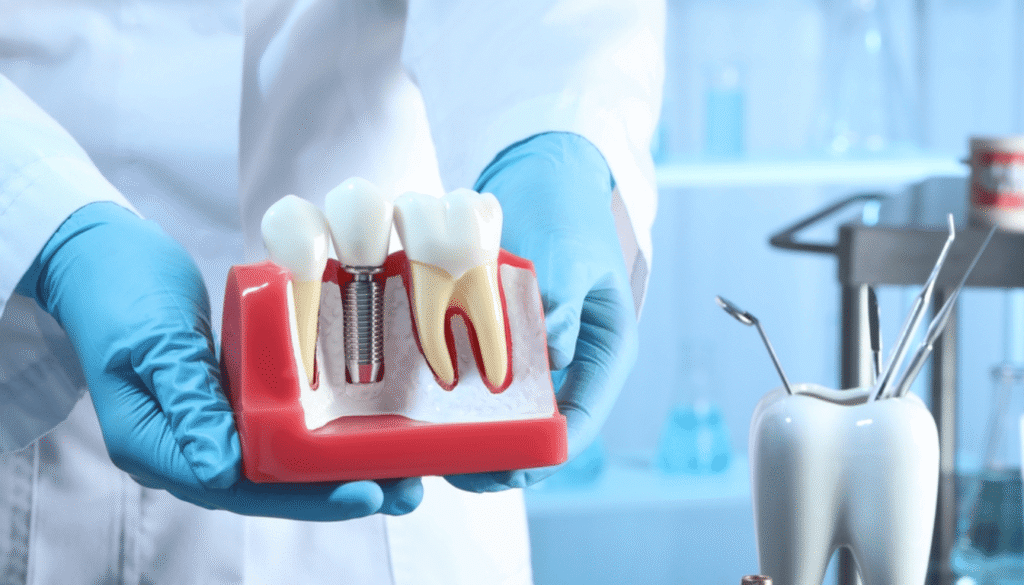
B. Advanced Cosmetic and Plastic Surgery
Cosmetic surgery represents another flagship specialty for medical tourism in Egypt. The country has become particularly renowned for rhinoplasty (nose reshaping), breast augmentation, abdominoplasty (tummy tuck), liposuction, facial surgery, and comprehensive “Mommy Makeover” procedures.
Egyptian plastic surgeons trained at institutions like the American University in Cairo, pursued fellowships in Europe or the US, and bring decades of combined experience. Many specialize in specific procedures—your rhinoplasty surgeon might have performed thousands of nose jobs specifically, not just occasionally as part of a general practice.
The cost advantage is staggering. Procedures like facelifts, breast augmentations, and rhinoplasty cost significantly less than in Western countries. In fact, compared to some Arab countries, certain procedures are up to 640% less expensive in Egypt while maintaining equivalent or superior quality. A breast augmentation that costs $8,000 to $12,000 in the US? Expect $2,500 to $4,000 in Egypt. Rhinoplasty at $15,000 in America versus $3,000 to $4,500 in Cairo.
These procedures are performed in JCI-accredited facilities with modern operating rooms, FDA-approved implants, and comprehensive aftercare. Patients typically stay 7-14 days depending on the procedure, with follow-up appointments scheduled during the recovery period to ensure everything heals properly.
What makes wellness tourism Egypt particularly appealing for cosmetic surgery is the privacy. You can recover away from your social circle, return home after the swelling has gone down, and simply tell people you had a great vacation in Egypt. Many patients appreciate this discretion.
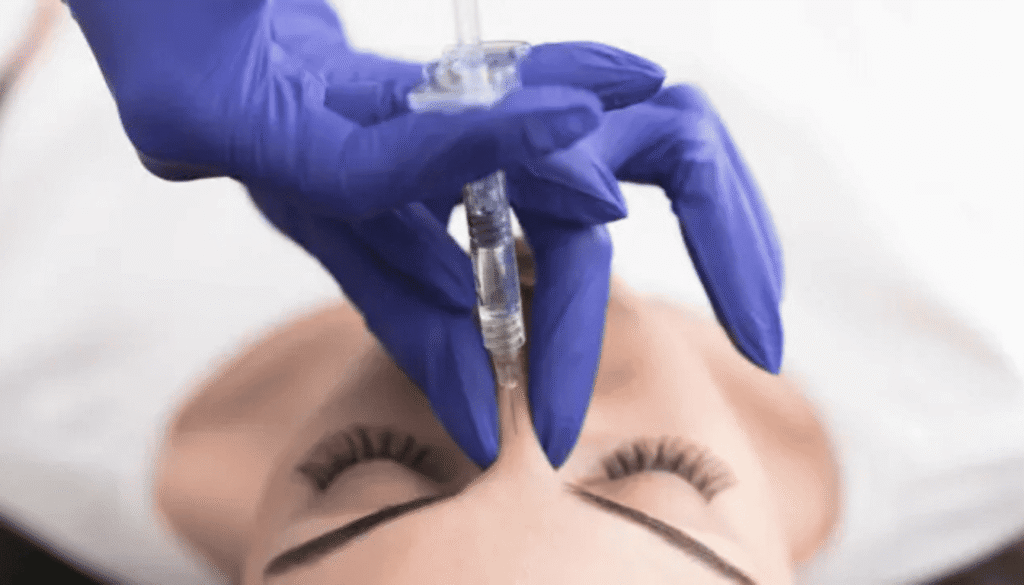
C. Bariatric and Metabolic Surgery
Egypt has emerged as a Centre of Excellence for bariatric surgery, particularly procedures like Gastric Sleeve (sleeve gastrectomy) and Gastric Bypass. Obesity is a global health crisis, and bariatric surgery offers life-changing results for people who’ve struggled with traditional weight loss methods.
Egyptian bariatric surgeons are fellowship-trained, often with credentials from American or European bariatric surgery associations. They perform hundreds of procedures annually, building expertise that translates into better outcomes and fewer complications. The surgeries are performed laparoscopically (minimally invasive), meaning smaller incisions, less pain, faster recovery, and minimal scarring.
Cost comparison? Gastric sleeve surgery in the United States averages $15,000 to $25,000. In Egypt, the same procedure costs $4,000 to $6,000. You’re saving enough to cover years of gym memberships, nutrition counseling, and a complete new wardrobe for your post-surgery body.
Post-operative care is comprehensive. Nutritionists work with you on dietary changes, psychologists help with the mental adjustment, and surgeons closely monitor your recovery. Many packages include follow-up consultations via telemedicine after you return home, ensuring continuity of care.
Beyond bariatric surgery, Egypt offers excellence in orthopedics (particularly joint replacements), cardiology (including cardiac catheterization and bypass surgery), gynecology (fibroid removal, hysterectomies), ophthalmology (LASIK, cataract surgery), neurosurgery, and fertility treatments including IVF and artificial fertilization. The health tourism Egypt infrastructure supports comprehensive medical care across virtually all specialties.
Unique Therapeutic Tourism Destinations
Here’s where Egypt offers something truly unique—traditional therapeutic tourism that combines natural healing with modern medical support. While the previous sections focused on high-tech medical interventions, this aspect of wellness tourism Egypt taps into ancient healing traditions that have worked for thousands of years.
Egypt’s diverse geography creates unique microclimates and natural resources with genuine therapeutic properties. These aren’t tourist gimmicks—they’re recognized by Egypt’s Ministry of Health and Tourism and used by local populations for centuries.
Siwa Oasis sits near Egypt’s western border, a remote desert oasis famous for sand burial therapy at Jebel Dakrour. During summer months (June through September), patients are buried in the hot sand for 15-minute sessions, a treatment that sounds bizarre but has shown effectiveness for rheumatism, rheumatoid arthritis, and joint pain. The oasis also features therapeutic mud and mineral-rich sulfur springs like Bir Wahid and the famous Cleopatra Spring. These waters contain concentrations of minerals that help with skin diseases and respiratory conditions. The combination of extreme dryness, mineral springs, and sand therapy creates a unique healing environment.
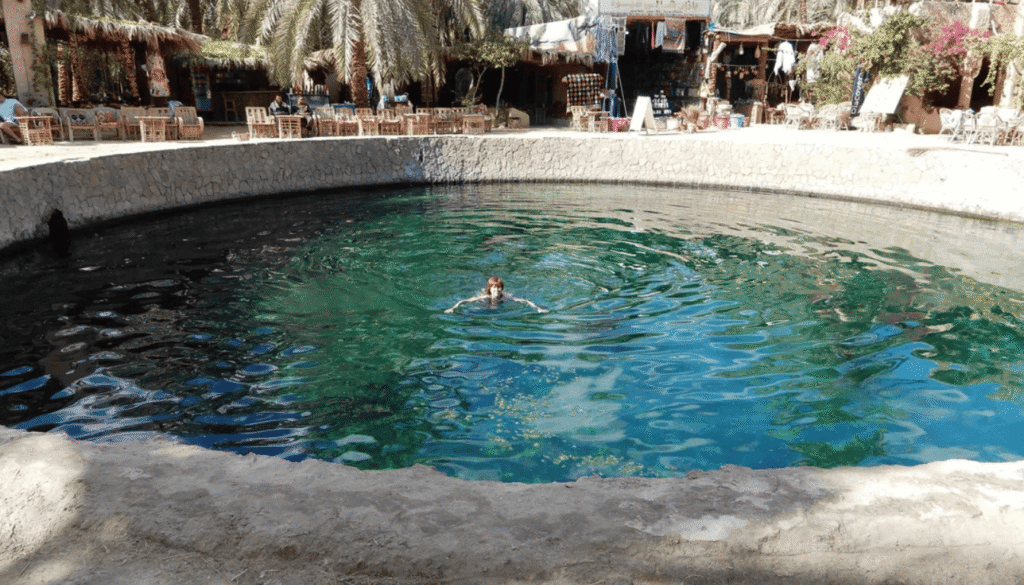
Safaga, on the Red Sea coast, offers black sand therapy that’s particularly fascinating. The black sand contains unusual concentrations of gold salts with radioactive properties (completely safe levels) that have proven beneficial for rheumatoid diseases and psoriasis. Combined with warm seawater, abundant sunshine, and exceptionally high salinity in the Red Sea, Safaga has become a destination specifically for people suffering from skin conditions and rheumatoid arthritis. Several specialized medical centers have built facilities specifically to administer these natural treatments under medical supervision.
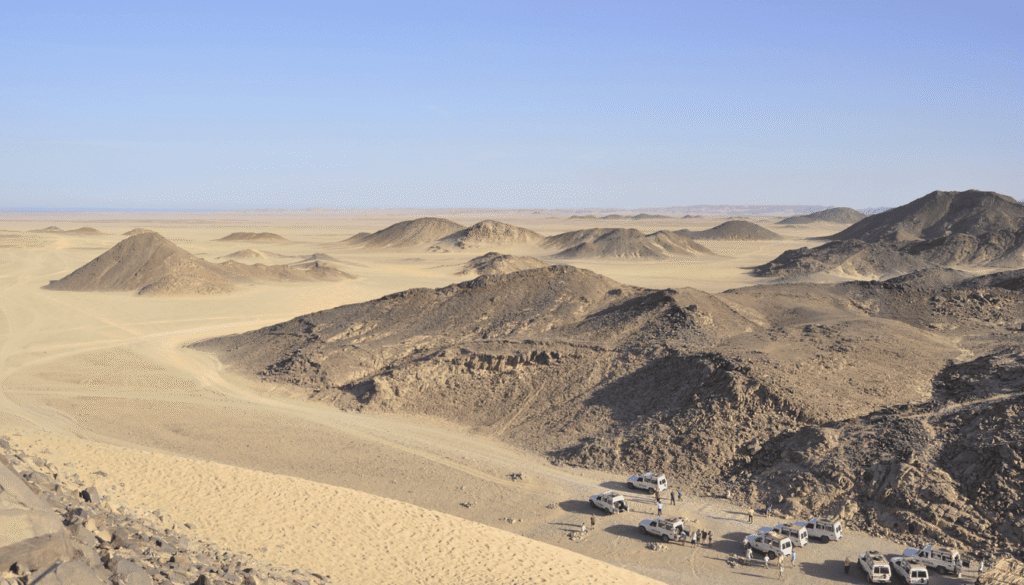
Kharga Oasis in the Western Desert features deep, self-flowing wells—notably the Nasser and Bulaq Wells—that produce naturally mineralized water from underground aquifers. This water has been used to treat chronic pain, kidney stones, rheumatic diseases, psoriasis, and digestive disorders. The water’s specific mineral composition, combined with the oasis’s dry climate, creates conditions that promote healing for these conditions.
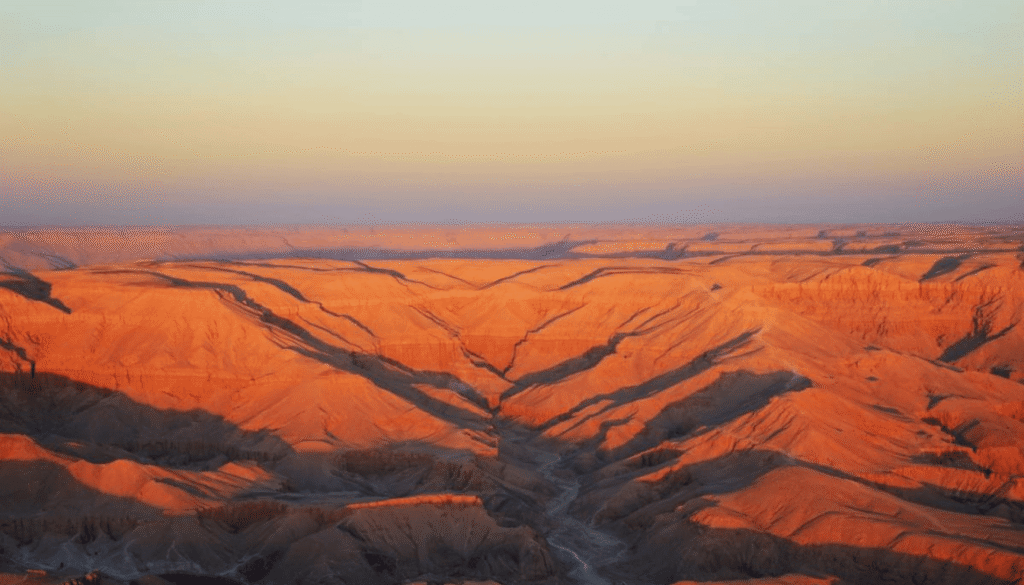
Aswan City in southern Egypt offers an ideal climate for respiratory diseases, benefiting from low humidity, clean air, and abundant sunshine. Natural treatments include water therapy, sand baths using natural black sand, and the therapeutic effects of ultraviolet rays and seawater salt. Beyond respiratory conditions, Aswan’s climate benefits kidney disease and rheumatoid conditions. Many Egyptians with chronic respiratory issues spend extended periods in Aswan specifically for the climate’s therapeutic effects.
Helwan, just south of Cairo, became famous for its sulfur springs—considered globally unique in their purity. The area’s dry atmosphere (very low humidity) combined with sulfur-rich hot springs creates an ideal environment for treating spinal pain, joint stiffness, chronic respiratory diseases, rheumatism, and skin conditions. Helwan developed into a therapeutic center in the early 20th century and continues to attract both local and international patients seeking natural healing.
What makes these destinations relevant to modern medical tourism in Egypt is the integration of traditional treatments with contemporary medical oversight. You’re not just showing up at a hot spring—you’re receiving monitored, medically-supervised treatment that combines ancient wisdom with modern understanding of physiology. Many patients combine surgical procedures in Cairo with recuperation at these therapeutic destinations, essentially getting two types of healing in one trip.
Navigating the Patient Journey: Safety and Logistics
Understanding the process removes anxiety and helps you make informed decisions. Here’s the realistic step-by-step roadmap for health tourism Egypt, from your first research to your journey home.
Initial Consultation and Planning: Start by contacting a reputable medical tourism facilitator or directly reaching out to JCI-accredited hospitals. Most offer free consultations via email, WhatsApp, or video call. You’ll submit your medical history, describe your condition or desired procedure, and may upload photos or medical records. Within 24-48 hours, you typically receive a detailed treatment plan with transparent pricing—no hidden costs, no surprises. This consultation is genuinely free and creates no obligation.
Travel Arrangements: Once you decide to proceed, the facilitator helps arrange flights, accommodation, and logistics. You’re not booking things randomly on the internet—they work with specific hotels located near the hospital, understand which areas are safest and most convenient, and can often negotiate better rates through their relationships. Travel insurance that covers medical tourism is strongly recommended and can usually be arranged through the facilitator.
Arrival and In-Person Assessment: Upon arrival at Cairo International Airport, someone meets you at arrivals with your name on a sign—no wandering around confused. You’re driven to your hotel or directly to the hospital for your initial in-person assessment. This usually happens within 24 hours of arrival. Doctors conduct physical examinations, review any pre-operative tests, and confirm the treatment plan. If additional tests are needed (blood work, X-rays, CT scans), they’re typically completed the same day. Modern Egyptian hospitals are efficient—minimal waiting, maximum coordination.
The Procedure: Surgery day follows international protocols. You’ll fast beforehand (if required), meet your anesthesiologist, review consent forms, and proceed to the operating room. The surgical facilities in JCI-accredited hospitals mirror what you’d find in London or New York—modern equipment, sterile environments, trained surgical teams. Anesthesia quality is excellent, pain management is comprehensive, and monitoring during and after surgery follows international standards.
In-Hospital Care and Initial Recovery: Post-operative care in Egyptian hospitals is often more attentive than in Western facilities. Nurse-to-patient ratios are better, meaning you get more individual attention. English-speaking nurses check on you regularly, doctors visit daily, and you’re not left alone to figure things out. Hospital food accommodates international preferences (Western menu options are always available), and private rooms are standard for international patients. Most procedures require 1-3 nights in hospital, though some dental work and minor procedures are outpatient.
Recovery in Egypt: After hospital discharge, the crucial follow-up period begins. You’ll have scheduled appointments to remove stitches, check healing progress, and ensure everything is proceeding correctly. This is where recovering in Egypt becomes advantageous—your surgeon is available if any concerns arise. You’re not flying home immediately after surgery and hoping for the best. The follow-up appointments are included in your package, meaning no additional costs.
Between appointments, you recover in your hotel or guesthouse. Many patients move to resort areas like Hurghada or Sharm El Sheikh for this phase, combining medical recovery with actual vacation. You can relax by the pool, take gentle walks on the beach, or arrange tours appropriate for your recovery timeline. Your patient coordinator stays in touch via WhatsApp, checking on you and available for any questions.
Aftercare and Journey Home: Before departure, you’ll have a final consultation where your surgeon provides detailed aftercare instructions, prescribes any necessary medications (which you can purchase affordably at Egyptian pharmacies), and ensures you’re ready for travel. You receive all medical records, including operative reports and post-operative photos if relevant. Many surgeons provide their personal WhatsApp number for questions after you return home—try getting that from a surgeon in America.
Most importantly, reputable facilities offer telemedicine follow-up. If concerns arise after you’re home, you can video call your surgeon rather than trying to explain your Egyptian surgery to a local doctor unfamiliar with your case. This continuity of care is invaluable.
Quality Assurance and Safety: Safety concerns are legitimate when considering medical care abroad. Here’s what protects you in wellness tourism Egypt: rigorous surgeon vetting (verify their credentials, training, and experience), adherence to international sterilization protocols with ISO certification, transparent communication (no language barriers, no confusion about treatment), and established complaint mechanisms. Reputable facilitators maintain long-term relationships with their surgical partners—their business depends on positive outcomes.
Red flags to watch for include prices that seem too good to be true (suggesting corner-cutting), facilities without verifiable accreditation, doctors who can’t provide credentials, and poor communication before you’ve even arrived. Research thoroughly, read independent reviews, and trust your instincts.
Support Services: The best medical tourism in Egypt experiences include comprehensive support: dedicated patient coordinators who manage your entire journey, airport transfers (arrival and departure), translators if needed for any non-medical interactions, customized tour packages appropriate for your recovery phase, and 24/7 emergency contact numbers. You’re not alone in a foreign country—you have a team ensuring everything goes smoothly.
Conclusion: Making the Smart Choice
Medical and wellness tourism in Egypt isn’t about cutting corners or accepting second-best. It’s about recognizing that world-class healthcare isn’t exclusive to wealthy Western nations. Egypt has invested heavily in creating medical infrastructure that meets or exceeds international standards while maintaining affordability that makes care accessible.
The combination of factors is genuinely unique: European-trained specialists bringing international expertise, JCI-accredited facilities ensuring safety and quality, transparent pricing that eliminates financial anxiety, straightforward logistics that make the journey easy, and a recovery environment that turns healing into a memorable experience.
For Americans facing bankrupting medical bills, Europeans waiting months for procedures on the NHS, or anyone who values both quality and value, health tourism Egypt represents a strategic choice. You’re not gambling with your health—you’re making an informed decision to access excellent care while dramatically reducing costs.
The dental patients who leave with perfect smiles they couldn’t afford at home. The cosmetic surgery patients who finally feel confident in their appearance. The bariatric patients starting new lives at healthier weights. The orthopedic patients who can walk without pain again. They all share something in common: they chose Egypt and never regretted it.
Medical tourism in Egypt will continue growing because it addresses real needs. Healthcare costs in developed nations have become unsustainable for ordinary people. Insurance doesn’t cover everything. Waiting lists stretch for months. Egypt offers an alternative that’s not just affordable but genuinely excellent.
If you’re considering medical care abroad, do your research. Verify credentials, read reviews, ask questions, and demand transparency. But don’t dismiss the option simply because it challenges assumptions about where the best healthcare exists. Egypt’s medical sector earned its reputation through results, not marketing.
Ready to explore your options? Contact a reputable medical tourism facilitator for a free, personalized consultation and treatment plan. Discuss your specific needs, get transparent pricing, and make an informed decision. Your health matters too much to let cost alone prevent you from getting the care you need.
The Pyramids waited thousands of years. Your new smile, healthier body, or pain-free life doesn’t have to.
“ViP Full Package Cleopatra Hammam and Full Body Massage in Hurghada”

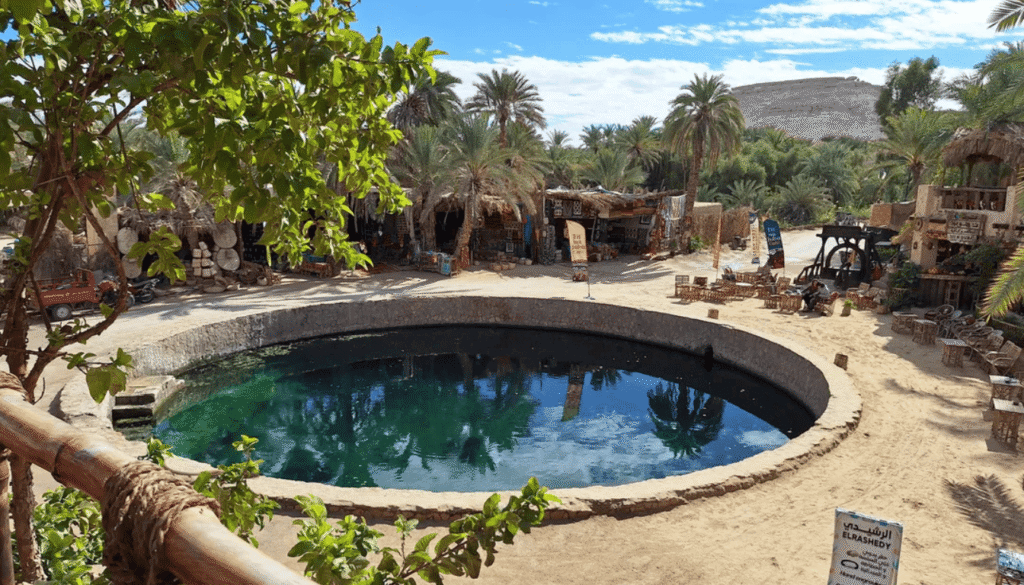
Pingback: Amazing Sports Tourism in Egypt 2025: From Diving to Desert Adventures - Discover Egypt Now